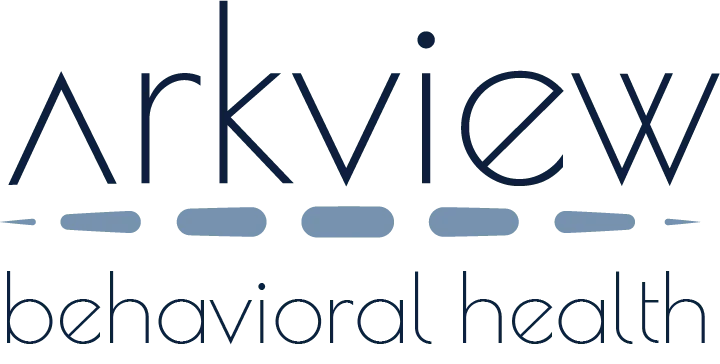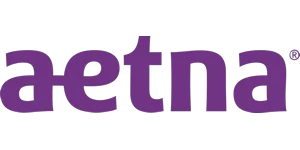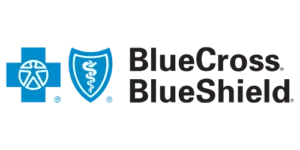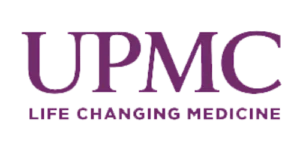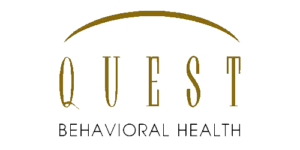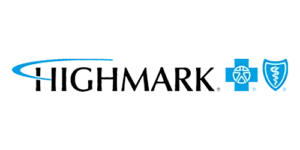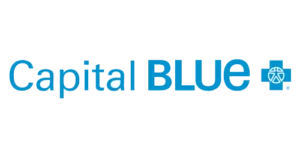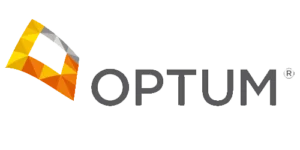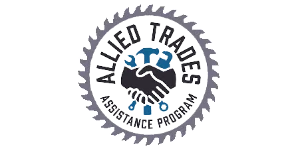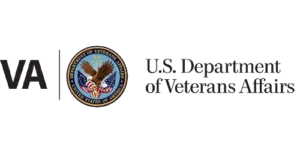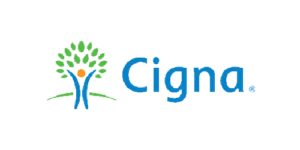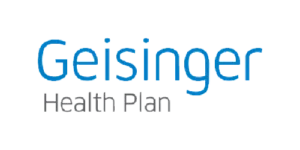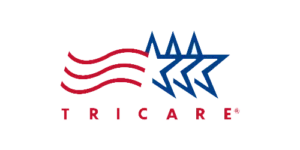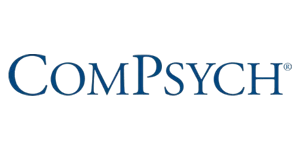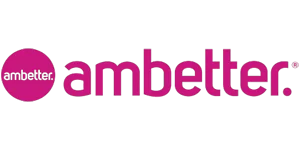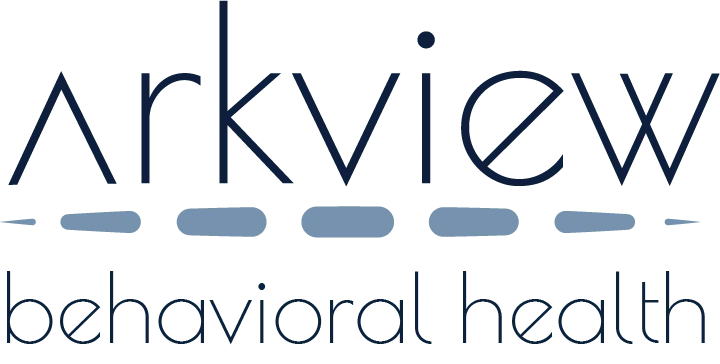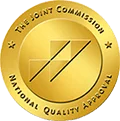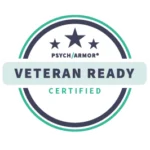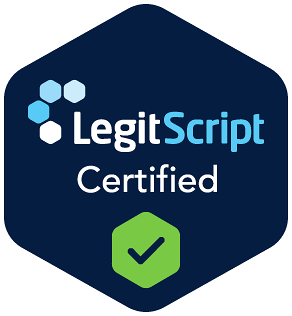This guide provides clear information about how BCBS covers rehab treatment. The following section explains what federal laws require, what counts as essential health benefits, and why coverage can look different depending on your policy.
Rehab and addiction treatment are classified as essential health benefits under the Affordable Care Act. This means most BCBS plans include some level of coverage for these services. Common covered services may include inpatient rehab, outpatient rehab, detoxification, counseling, and medication-assisted treatment.
Coverage details can differ based on your state and the specific BCBS plan. Some plans may require preauthorization or have different out-of-pocket costs. Reviewing your plan documents or contacting your insurance provider can help clarify your exact coverage, including ways to pay for rehab.
Types of Rehab Services BCBS Covers at Arkview
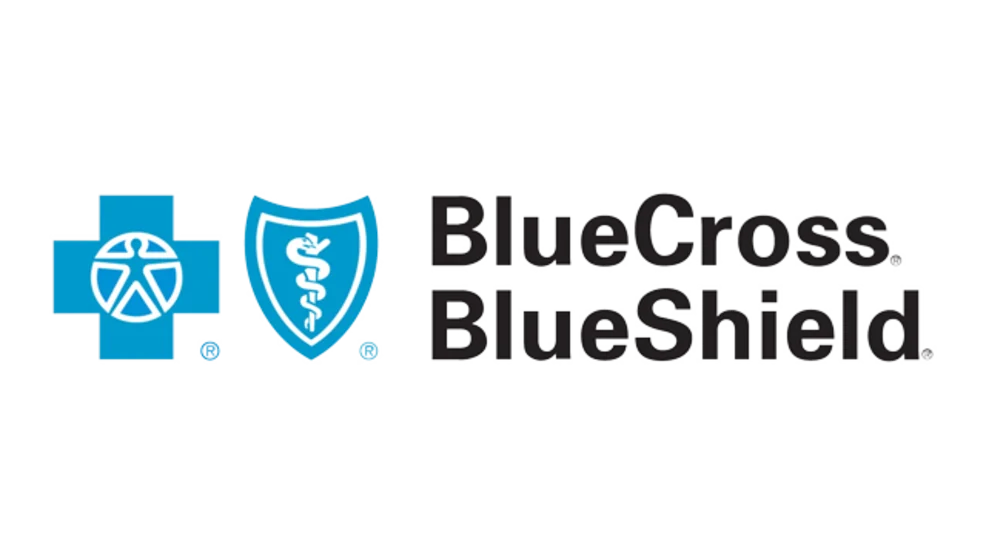
Medical detox is a process where individuals stop using drugs or alcohol under the supervision of medical professionals. This process is designed to manage withdrawal symptoms safely. At Arkview, medical staff are present at all times during detox. BCBS plans usually cover several days of medical detox, typically ranging from three to seven days, depending on the situation.
Inpatient or residential treatment involves living at the treatment center while receiving care. These programs are structured and include therapy, counseling, and support throughout the stay. Arkview provides residential treatment at its facilities in Mechanicsburg and East York, Pennsylvania. The length of stay is commonly 28 to 30 days, but the duration covered by BCBS depends on the plan and whether continued care is considered medically necessary.
Partial Hospitalization Programs (PHP) offer structured treatment during the day, but individuals return home in the evenings. At Arkview, PHP typically consists of 5 to 6 hours of treatment per day, five days each week. BCBS plans often provide coverage for PHP for several weeks, depending on individual progress and plan details.
Intensive Outpatient Programs involve attending several treatment sessions each week, often three to five days, with each session lasting two to four hours. Standard outpatient care has fewer sessions, often one or two times per week. BCBS usually covers both IOP and standard outpatient care, with the number of sessions determined by the treatment plan.
Dual diagnosis treatment addresses both substance use and mental health conditions at the same time. Examples of mental health conditions include depression, anxiety, and post-traumatic stress disorder (PTSD). Arkview provides care for co-occurring disorders, and BCBS often includes coverage for integrated treatment of both addiction and mental health issues.
How to Verify Your BCBS Coverage for Arkview
When speaking with the representative, ask specific questions. These questions can include whether Arkview is considered an in-network provider, the amount of your deductible for mental health services, whether prior authorization is required for treatment, and what your copay amounts are for different levels of care.
You can contact Arkview directly for help with verifying your insurance benefits. Staff at Arkview can guide you through the process and explain what information is needed from your insurance plan. This assistance can clarify the steps required for admission.
Another resource is your Summary of Benefits document. This document contains details about your BCBS plan, such as covered services, deductibles, copays, and any requirements for pre-approval.
Key questions to ask when verifying coverage:
– Is Arkview Behavioral Health considered in-network?
– What is my deductible for mental health services?
– Is prior authorization required before starting treatment?
– What are my copay amounts for the services I may use?
Understanding BCBS Coverage Limits and Duration
Medical necessity is decided by reviewing your current health status, symptoms, and treatment progress. Some treatment services require BCBS to review and approve them ahead of time—a step called prior authorization. This is a common practice for inpatient and some outpatient services.
If BCBS limits or denies coverage for a certain treatment or length of stay, an appeal process is available. During an appeal, more information from your healthcare provider can be submitted for review, and BCBS will reconsider its decision.
The typical coverage durations for rehab services are as follows:
| Treatment Type | Typical Coverage Duration (BCBS)
|
| Medical Detox | 3-7 days |
| Inpatient/Residential | 14-30 days |
| PHP | 2-4 weeks |
| IOP | 8-12 weeks |
| Outpatient | Varies (as needed) |
The exact amount of coverage depends on your specific BCBS plan, the type of service, and whether medical necessity is documented for continued care. Outpatient coverage does not always have a set limit and can be based on ongoing need and progress in treatment.
Managing Out-of-Pocket Costs with BCBS
Out-of-pocket costs are the expenses that are not paid by insurance. These usually include:
- Deductible: This is the amount a person pays for health services before the insurance plan starts to pay. For example, if the deductible is $1,500, the individual pays the first $1,500 of covered services.
- Copay: This is a fixed amount paid for each visit or service, such as $40 for an outpatient therapy session.
- Coinsurance: This is a percentage of costs that is paid after the deductible is met. For example, a plan may require the individual to pay 20% of the costs for a service.
According to 2023 data, most BCBS members pay between $1,000 and $3,000 out-of-pocket for rehab. The actual amount depends on the specific plan and the services used.
There are several options available for managing the cost of care:
- Sliding scale fees: These are fees that can be adjusted based on income. Individuals who qualify may pay less for services.
- Payment plans: These plans allow the cost of treatment to be paid over time, rather than all at once. The amount and length of payment plans can vary.
- Financial hardship programs: If someone is facing financial difficulties, there may be programs that provide extra help to reduce or cover the cost of treatment.
Health Savings Accounts (HSAs) and Flexible Spending Accounts (FSAs) are special accounts used to pay for healthcare expenses using pre-tax money. In 2024, the contribution limits are $4,150 for individuals and $8,300 for families for HSAs, and $3,200 for FSAs. Money from these accounts can be used to pay for rehab costs, which can lower the total amount of taxes paid.
What to Do if BCBS Denies Rehab Coverage
Medical records and written recommendations from a doctor are important when responding to a denial. These documents can support the case that treatment is needed. Gathering this information from healthcare providers can help create a complete file for review.
Appealing a denial involves submitting a formal request to BCBS and providing all supporting documents. This process follows steps outlined by the insurance plan, including deadlines and required forms. Each appeal is reviewed by BCBS, and decisions are made based on the information provided.
Assistance is available from the treatment center’s staff during the appeal process. They can help collect the correct paperwork and explain how to follow all required steps. According to the National Association of Insurance Commissioners, about 40% of mental health coverage appeals are approved.
Why Choose Arkview as Your In-Network BCBS Provider
Treatment at Arkview uses evidence-based approaches. These include cognitive-behavioral therapy (CBT), dialectical behavior therapy (DBT), and medication-assisted treatment. All therapies are selected according to clinical research and best practices in the behavioral health field.
The clinical team includes board-certified doctors, nurses, and therapists. Each staff member is trained to deliver care based on current guidelines for addiction and mental health.
Services at Arkview cover every stage of recovery. This continuum of care includes medical detox, residential treatment, partial hospitalization, intensive outpatient, and aftercare. All services are available at Arkview’s locations in Mechanicsburg and East York, Pennsylvania.
Arkview tracks patient satisfaction and long-term outcomes. Survey data show a patient satisfaction rate above 90%. Many individuals who complete treatment achieve sustained recovery through aftercare.
FAQs About Blue Cross Blue Shield Rehab Coverage
BCBS insurance often includes coverage for prescription medications used in addiction treatment. Medications such as Suboxone, naltrexone, and other medication-assisted treatment (MAT) drugs are usually listed under pharmacy benefits. Specific coverage depends on the details of the insurance plan.
BCBS plans generally include coverage for family therapy sessions when these sessions are part of an established treatment plan and considered medically necessary. The insurance plan may require documentation from a provider to confirm the need for family involvement in care.
If additional treatment is needed beyond what was first approved, a provider can request a review for medical necessity from BCBS. This process involves submitting updated clinical information to the insurance company. BCBS then evaluates the request and decides if coverage can be extended.
Most BCBS plans now provide coverage for telehealth addiction counseling sessions. Coverage became more common during the COVID-19 pandemic and remains available for many plans. Some plans may have limits or specific requirements related to telehealth services.
Ready to take the next step? Arkview Behavioral Health is available to help with questions about BCBS insurance and the recovery process. The team provides support throughout the process. Start Your Journey to Recovery Now.
